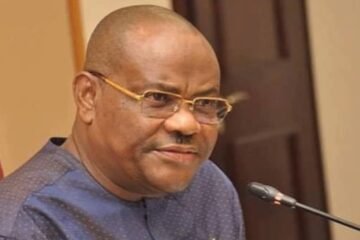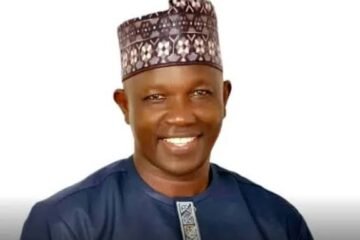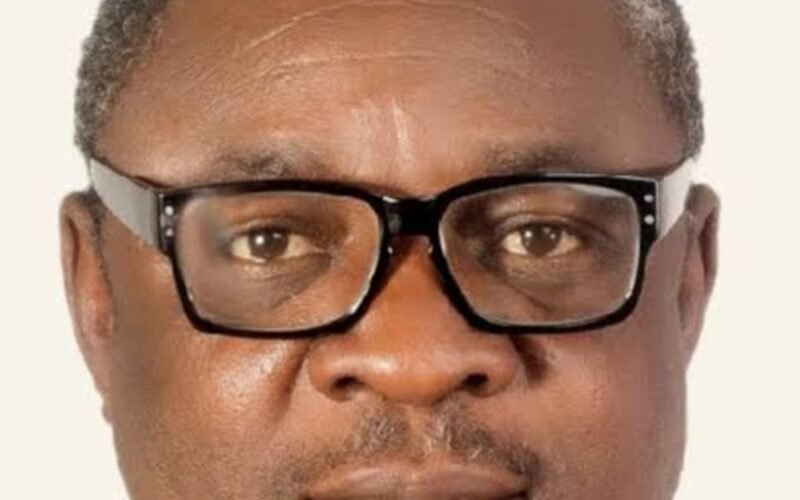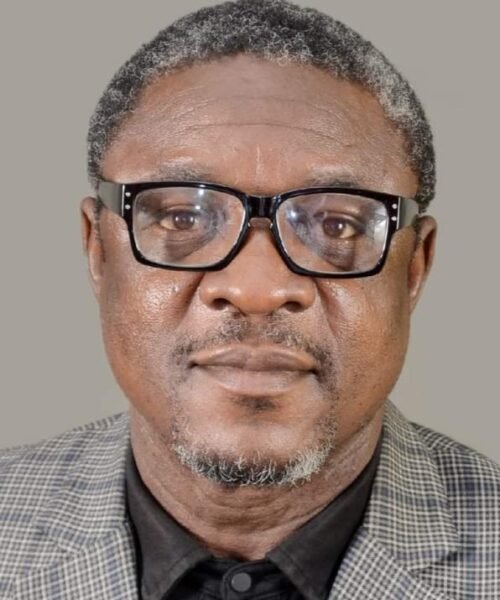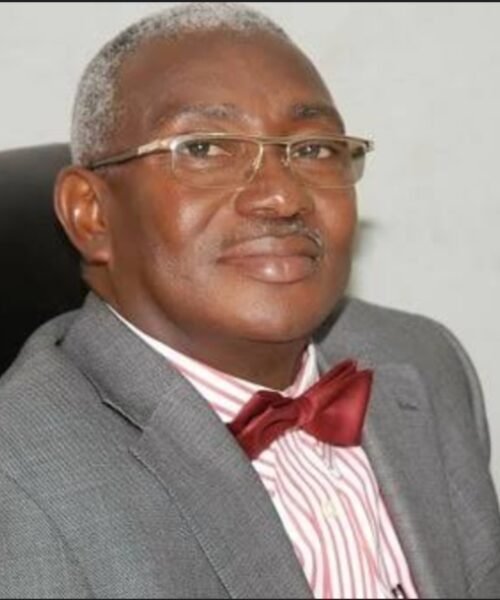(Published in the Sunday New Telegraph on 26th October, 2025)
By SHEDDY OZOENE
In a few weeks, Enugu — the Coal City — will again come alive with the periodic Agbaja Summit. From November 26 to 27, 2025, Agbaja sons and daughters from across Nigeria and the diaspora will converge for the second edition of the Agbaja Summit, a deliberate attempt to restore that identity, rekindle the spirit of community development, and shape a collective vision for the future.
Agbaja is a cluster of over 40 communities spread across Udi, Ezeagu, Enugu North, Enugu South, and Igbo-Etiti local government areas — bound by shared history and an enduring sense of kinship. The Summit, the first of which took place in 2022 has come to represent for them a sense of identity.
Chairman of the Planning Committee for the 2025 edition, Professor Chike Anibeze, describes the Summit as “a vehicle for unity, cultural renaissance, and economic advancement.”
The idea was first conceived in 2022 by the Agbaja Leaders of Thought, led by former Minister Chinedu Nebo who saw the urgent need to reconnect a people whose sense of oneness had been eroded by modern administrative boundaries. The maiden Agbaja People’s Summit opened with an Economic and Investment Forum at the Amadeo Event Centre, followed by a colourful Cultural Carnival at Michael Okpara Square. It was a spectacle of colour, music, and pride — with masquerades, dance troupes, and cultural displays from across the region.
The attendance of then Governor Ifeanyi Ugwuanyi, former Governor Sullivan Chime, Deputy Governor Cecilia Ezeilo, and other dignitaries gave official weight to what began as a grassroots dream.
It was a turning point. The Summit’s three pillars — unity, economic advancement, and cultural revival — struck a deep chord. Agbaja, for once, was no longer defined by nostalgia but by purpose. The greatest achievement of the 2022 Summit, however, was not the fanfare but the vision that followed. Out of it emerged the Agbaja Development Blueprint, a 12-point agenda covering education, healthcare, youth empowerment, environmental management, and entrepreneurship.
One of its earliest initiatives, the Agbaja Declaration, sprang from a simple discovery — that many schoolchildren in the area attended classes barefoot and without bags. The movement’s response was swift: “No Agbaja child will go to school without sandals and a school bag.” It was a modest but powerful expression of shared responsibility and communal dignity.
Yet, as Prof. Anibeze noted, the challenge went beyond access to education. The real test was relevance — producing graduates equipped not only with certificates but with the skills to thrive. That realization inspired the theme of the 2025 Summit: “Education and Skills Development — The Pathway to Sustainable Progress.”
The chosen theme could not be timelier. Across Nigeria, the gap between academic learning and employable skills has widened dangerously. Governor Peter Mbah’s 2024 inaugural lecture at Enugu State University of Science and Technology, on “Experiential Learning: Building the Wealth of the Nation,” underscored the same point — that education must evolve from rote learning to hands-on creativity.
The 2025 Summit will build on that philosophy. According to the Anibeze, the programme will feature a hybrid colloquium where experts, educators, and policymakers will share practical models of vocational training and youth entrepreneurship. The second day will return to familiar ground — the Cultural Fiesta, a celebration of the Agbaja heritage in music, dance, cuisine, and masquerade art. The will again remind everyone that culture, when properly harnessed, can be both a bridge to the past and a foundation for the future.
The Summit will again serve as a moment of remembrance — honouring illustrious sons and daughters who defined Agbaja’s place in Nigeria’s history: Chief Onyeama of Eke, Chief C. C. Onoh, Justice Daddy Onyeama, Anthony Aniagolu, Eze Ozobu, Dr. Simon Onwu, Chief PC Ndu, Celestine Ukwu, Enechi Onyia, Veronica Onyia, Godwin Odenigwe, Mike Ejeagha, and others.
At the 2022 edition, former Governor Sullivan Chime was recognized for his contributions to the state’sinfrastructural renewal. This year’s honourees — both living and posthumous — will further reinforce the idea that Agbaja does not forget those who built the path on which the present generation walks.
But every renaissance faces its greatest challenge after the celebration — continuity. Will the energy of 2022 and 2025 endure beyond the applause? Prof. Anibeze believes it can, if the movement remains inclusive. “The Agbaja project must go beyond an elite gathering,” he insists. “It should live in our town unions, our women’s groups, our youth associations, and our diaspora communities. It must be something every Agbaja person can claim as their own.”
That sense of ownership is the real legacy of the Summit. As Professor Chinedu Nebo observed during the 2022 edition, “The Summit is not an end in itself but a means to reclaim our place in history — to remind our children that culture is not a relic but a living force.”
As the countdown to November 26 begins, the Agbaja story continues to unfold — one of resilience, unity, and rebirth. From the rocky hills of Udi to the farmlands of Ezeagu, anticipation is high. The Summit has become a symbol of what can happen when a people look inward and rediscover their strength.
For Agbaja, culture is not a pastime. It is identity — a living, breathing heritage that connects generations. And as the 2025 Summit approaches, one truth stands firm: when a people remember who they are, they find the courage to shape what they can become.

